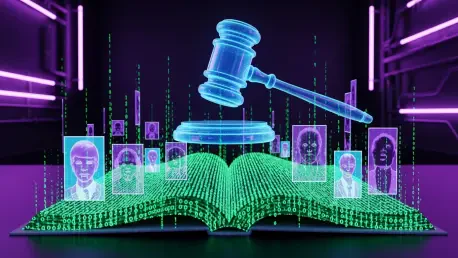
The swift and unregulated proliferation of artificial intelligence has created a new frontier for criminal activity, forcing legal systems to race against technological advancements that can be used for deeply malicious purposes. In a case that marks a pivotal moment in the intersection of law and

A profound and escalating anxiety is rippling through the artificial intelligence industry, where the very architects of modern AI are now expressing deep-seated fears about the catastrophic risks their creations may pose. This internal apprehension, once relegated to the realm of science fiction,

The United States is currently navigating the treacherous waters of technological ambition, where the intense pressure to lead the global artificial intelligence race directly conflicts with the profound national security risks this powerful technology creates. A recent and decisive shift in

The once-reliable pathway into a technology career, built upon a foundation of entry-level roles, is rapidly dissolving under the transformative pressure of artificial intelligence. This is not a temporary market fluctuation or a cyclical downturn but a permanent, structural demolition of the very

A comprehensive new industry analysis has revealed a critical and widening gap between the rapid deployment of autonomous artificial intelligence agents within U.S. enterprises and the lagging development of security controls necessary to manage the profound risks these technologies introduce. The

The once-hallowed halls of academia, traditionally seen as bastions of intellectual rigor and truth, are now confronting a seismic shift that challenges their foundational principles. A convergence of critical issues, ranging from the ethically ambiguous role of artificial intelligence to